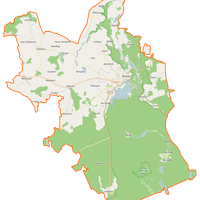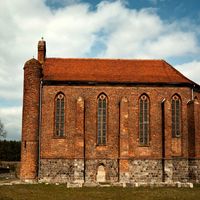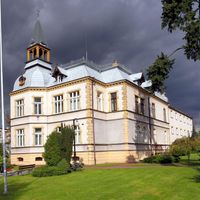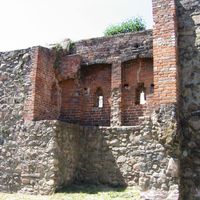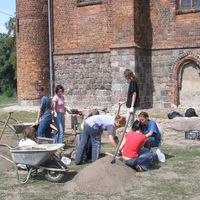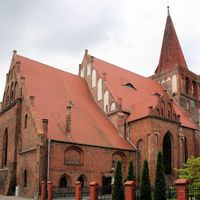Myślibórz County
8.32
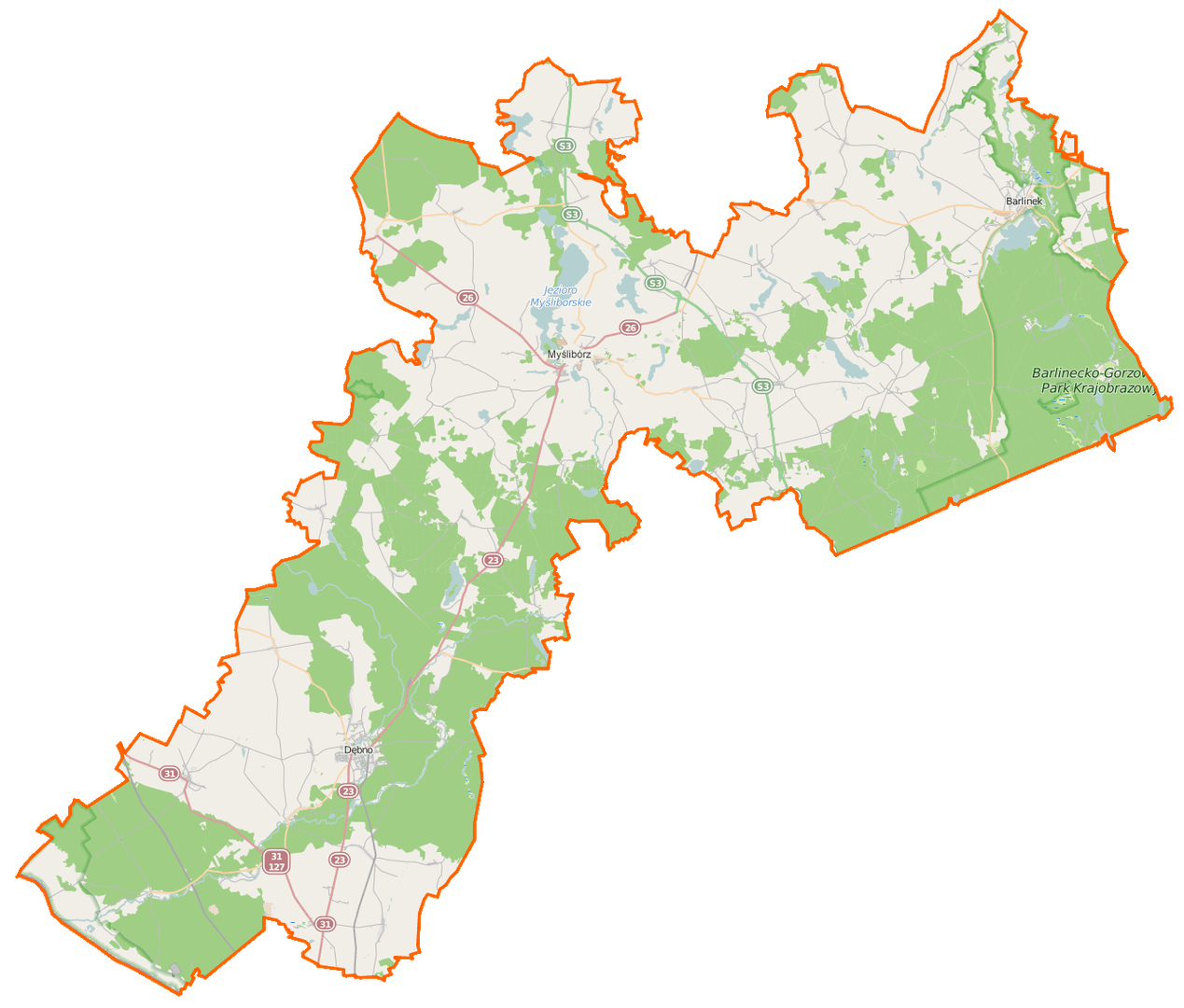
Overview
Myślibórz County, located in northwestern Poland within the West Pomeranian Voivodeship, was established in 1999. Its capital is the town of Myślibórz, and it comprises the urban-rural municipalities of Barlinek, Dębno, and Myślibórz, as well as the rural municipalities of Boleszkowice and Nowogródek Pomorski. The county borders the Lubusz and West Pomeranian voivodeships, as well as the German federal state of Brandenburg. The nature in the county is exceptionally rich, with the Barlinek-Gorzów Landscape Park and a portion of the Warta Mouth National Park protecting valuable ecosystems. There are seven nature reserves within the county, including "Markowe Błota" and "Czapli Ostrów," which safeguard diverse bird species and unique landscape fragments. In the cultural sphere, notable institutions include the Regional Museum in Barlinek, documenting the life of chess master Emanuel Lasker, and the Museum of the Myślibórz Lake District in the historic Holy Spirit Chapel. The county hosts numerous cultural events, such as the Barlineckie Świętojanki and the Folklore Festival. The history of the county dates back to 1816 when Kreis Soldin was established, which underwent various administrative changes after World War II until it reached its current form. An interesting fact is the village of Dziedzice, the oldest Kashubian village in Poland, dating back to 512 AD. Myślibórz County combines a rich historical and architectural heritage, with numerous monuments, manor parks, and unique ecosystems that attract tourists and nature enthusiasts. International cooperation includes partnerships with the Märkisch-Oderland and Heidekreis districts in Germany. The safety of residents is ensured by the local Fire Department, and the registered population at the end of 2019 was approximately 65,000, making Myślibórz County a place with vibrant social and economic life.
Location
Country
2026 Wizytor | All Rights Reserved

